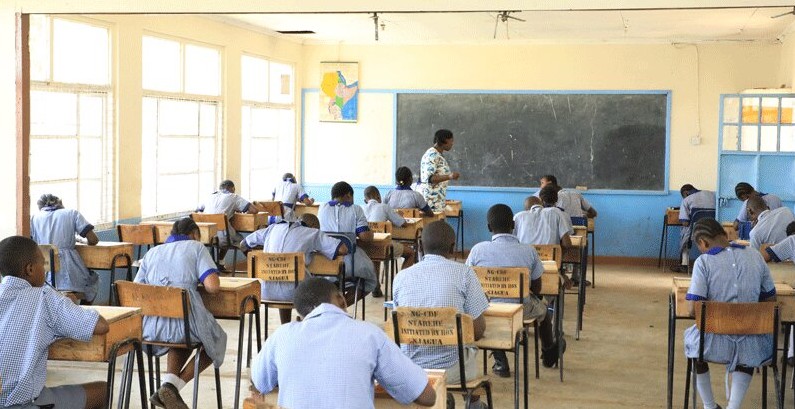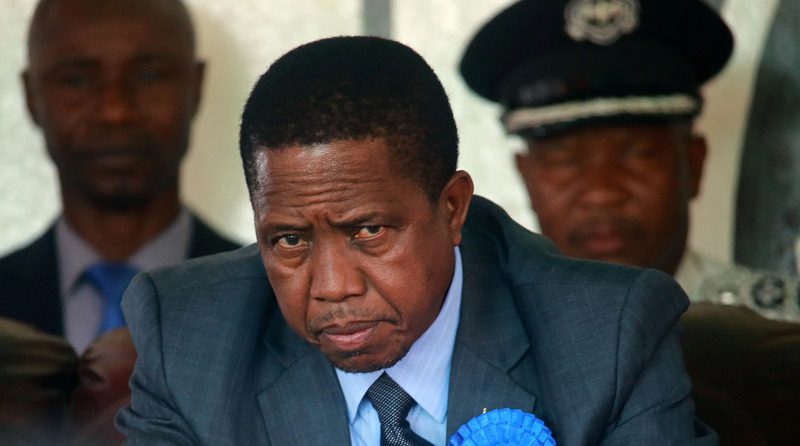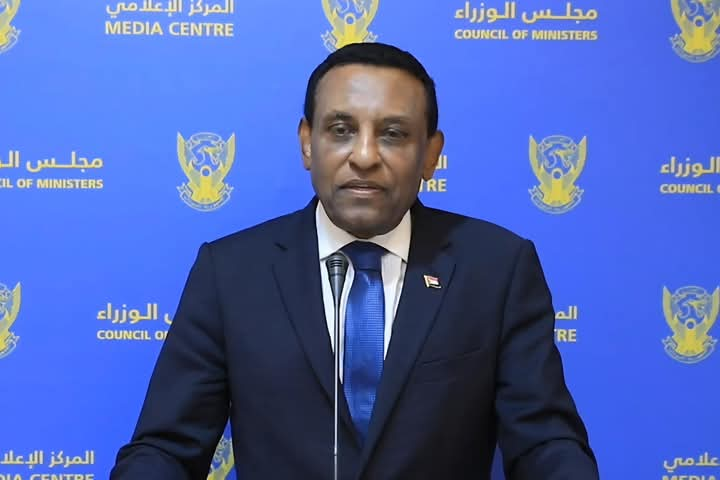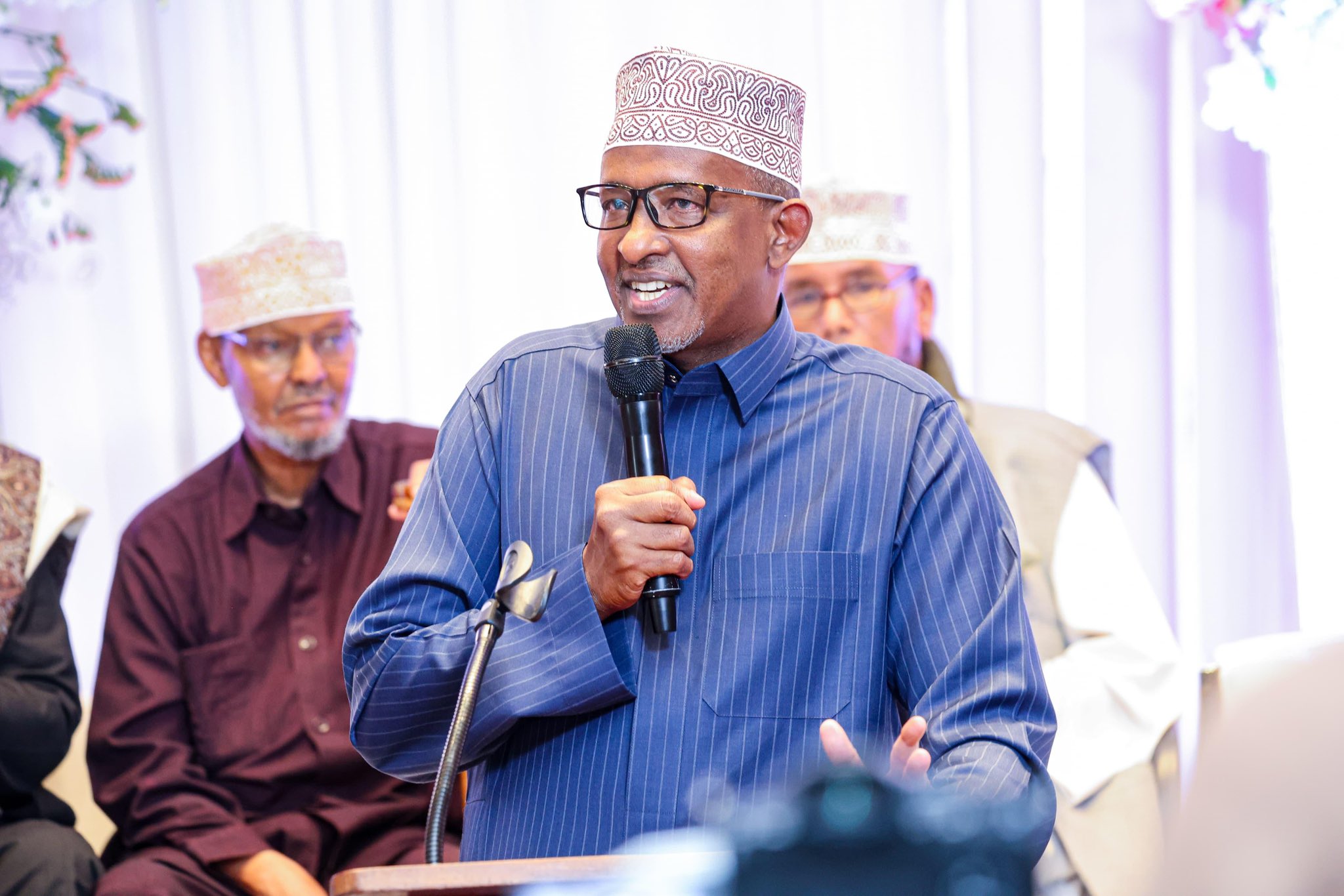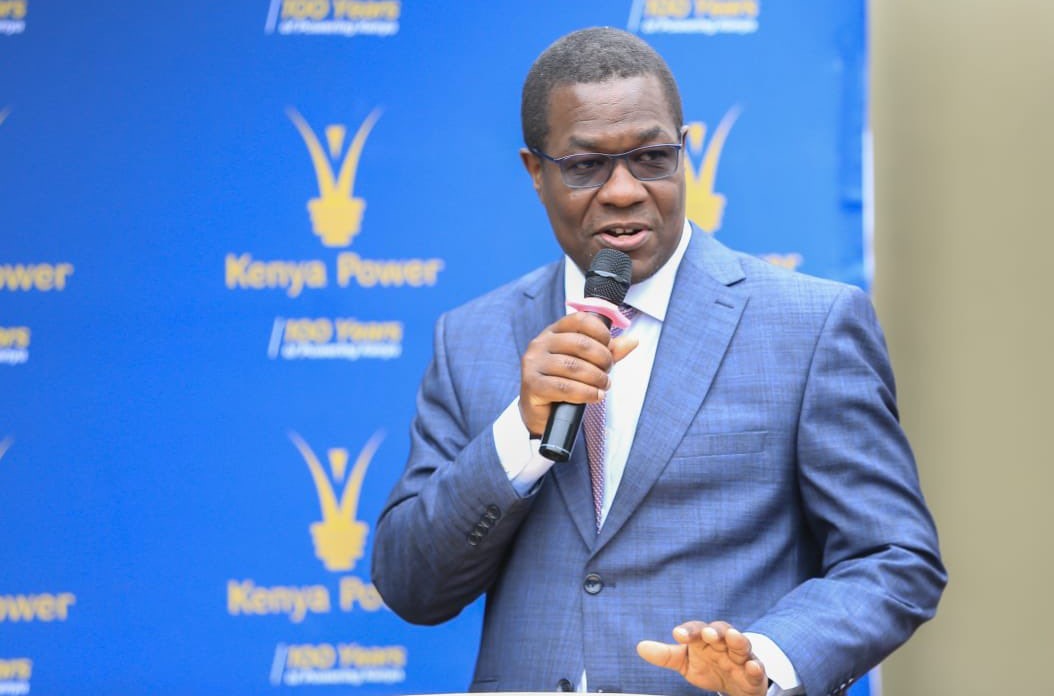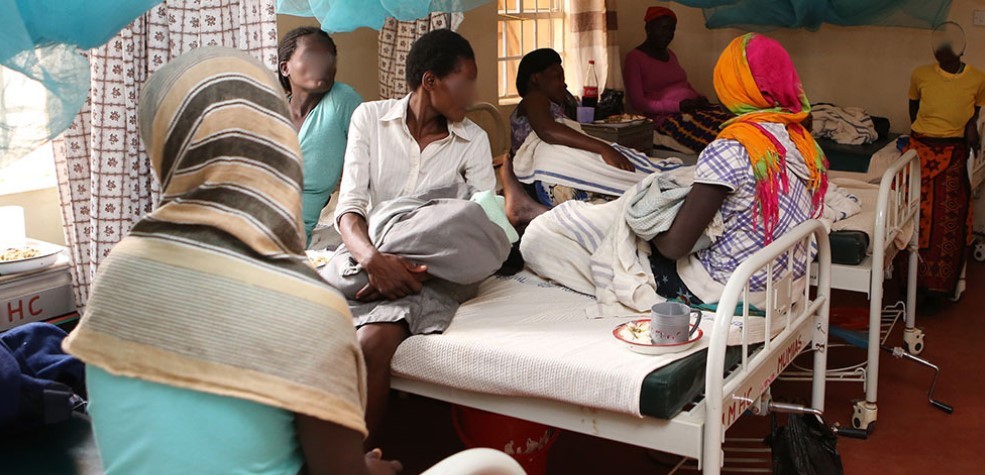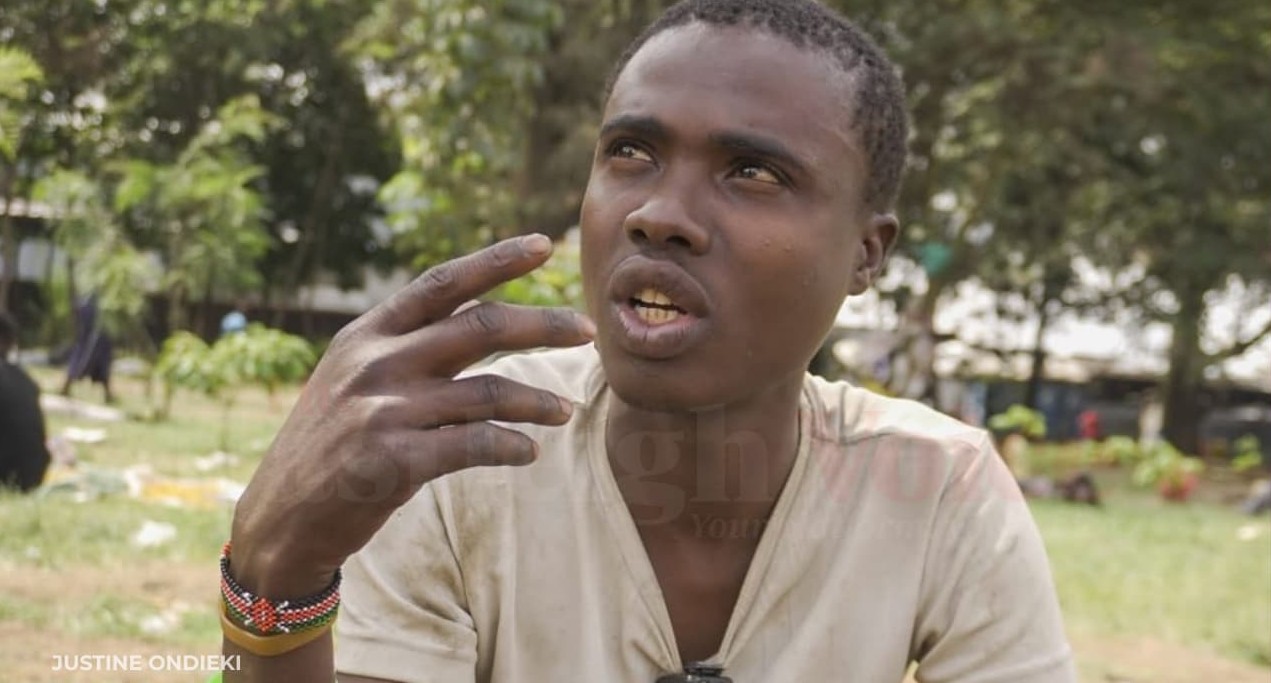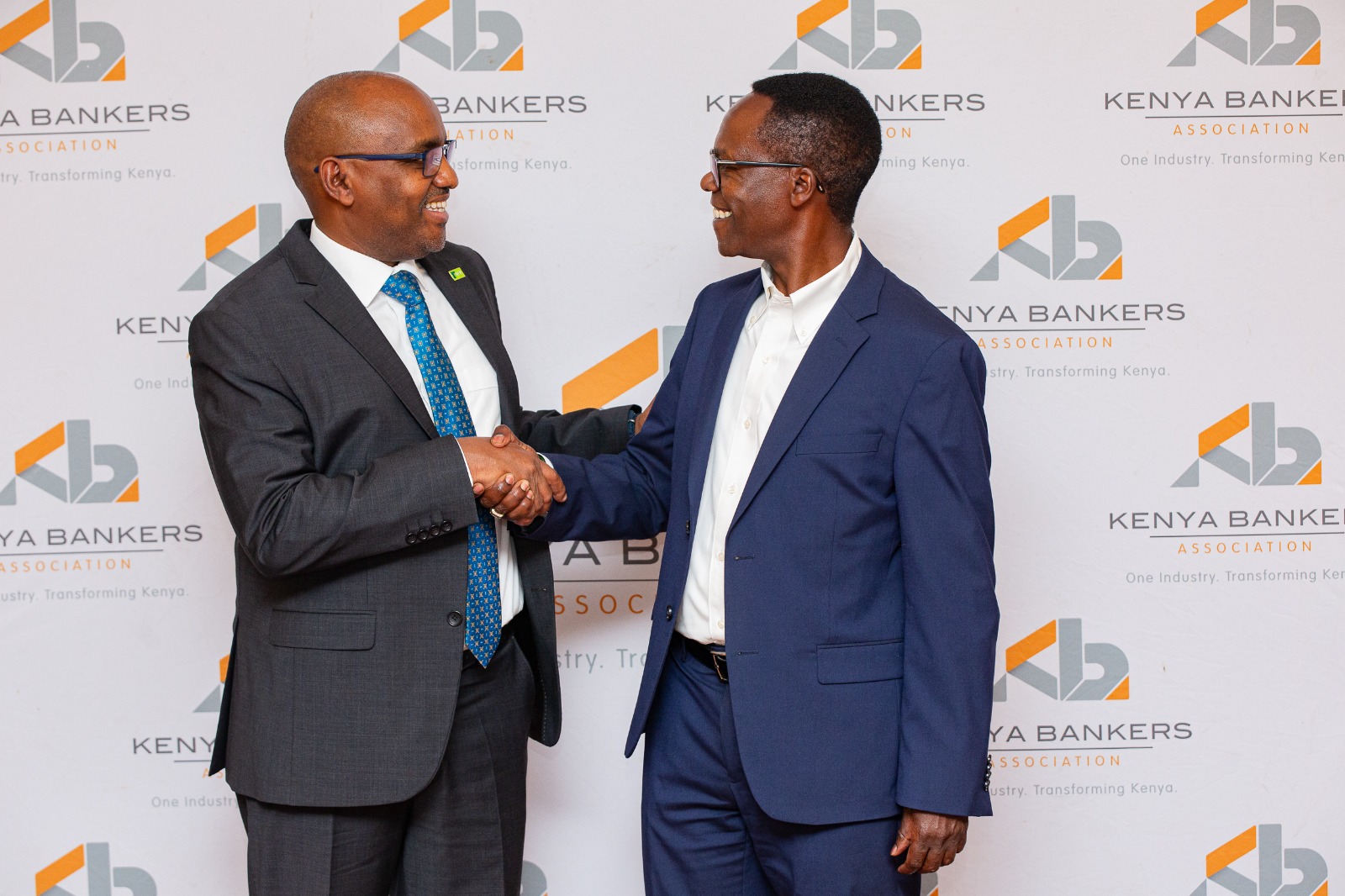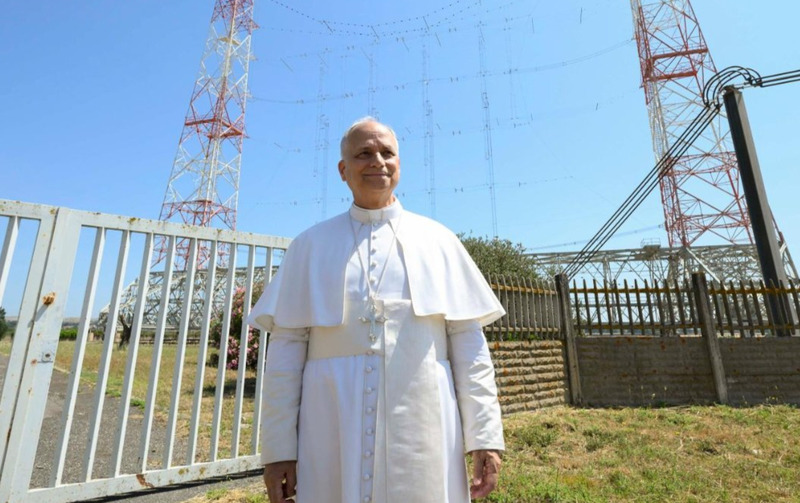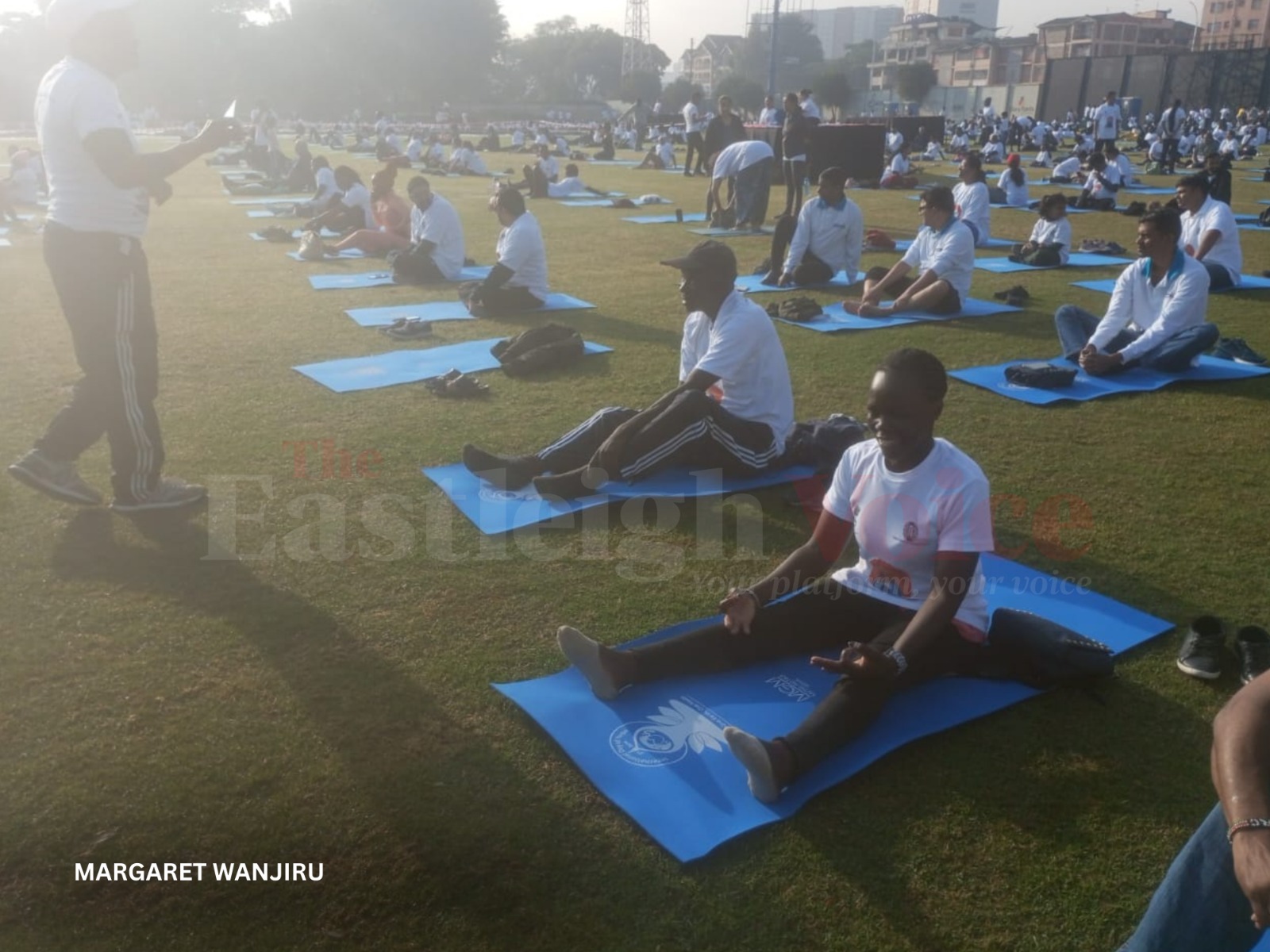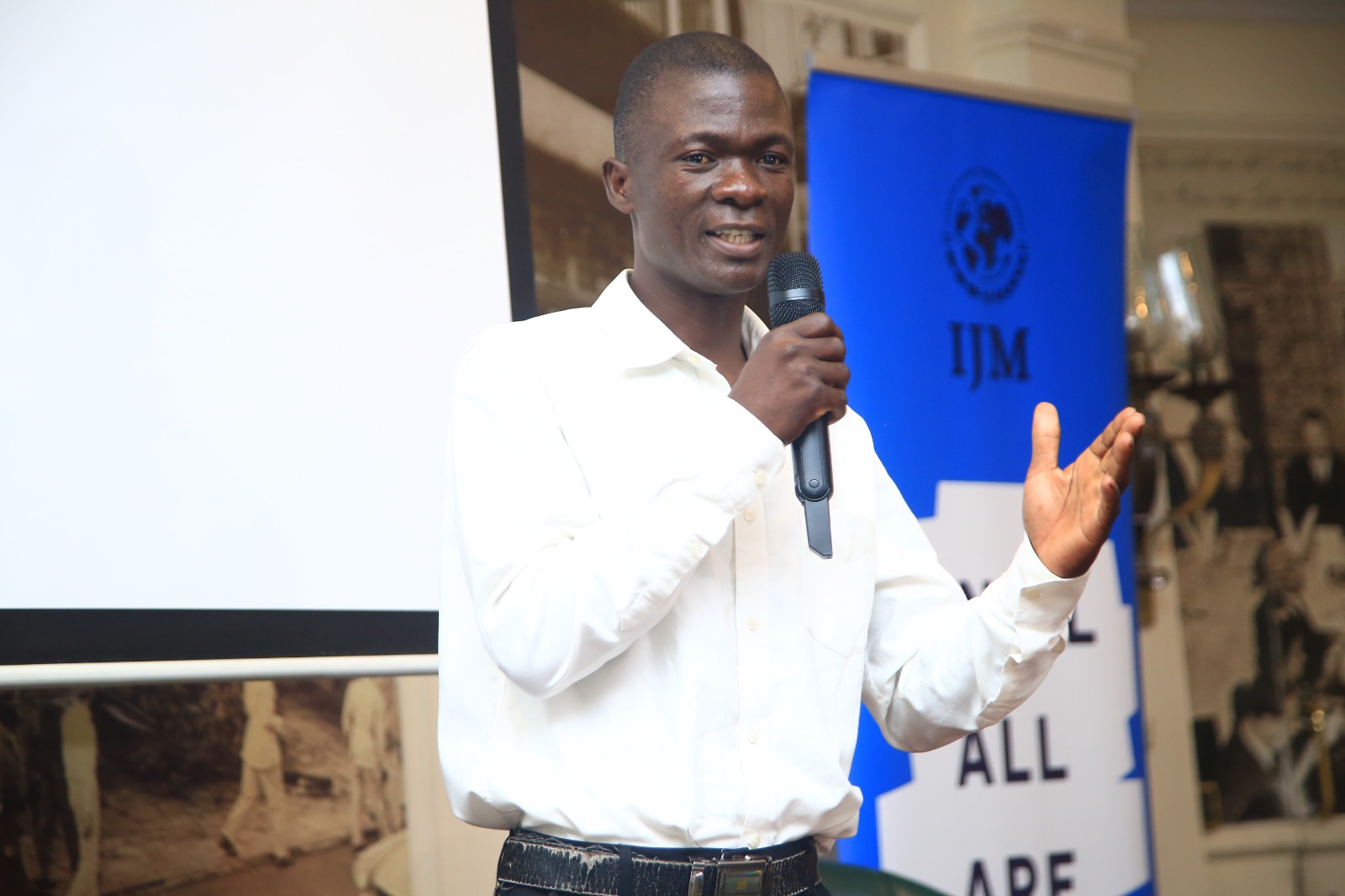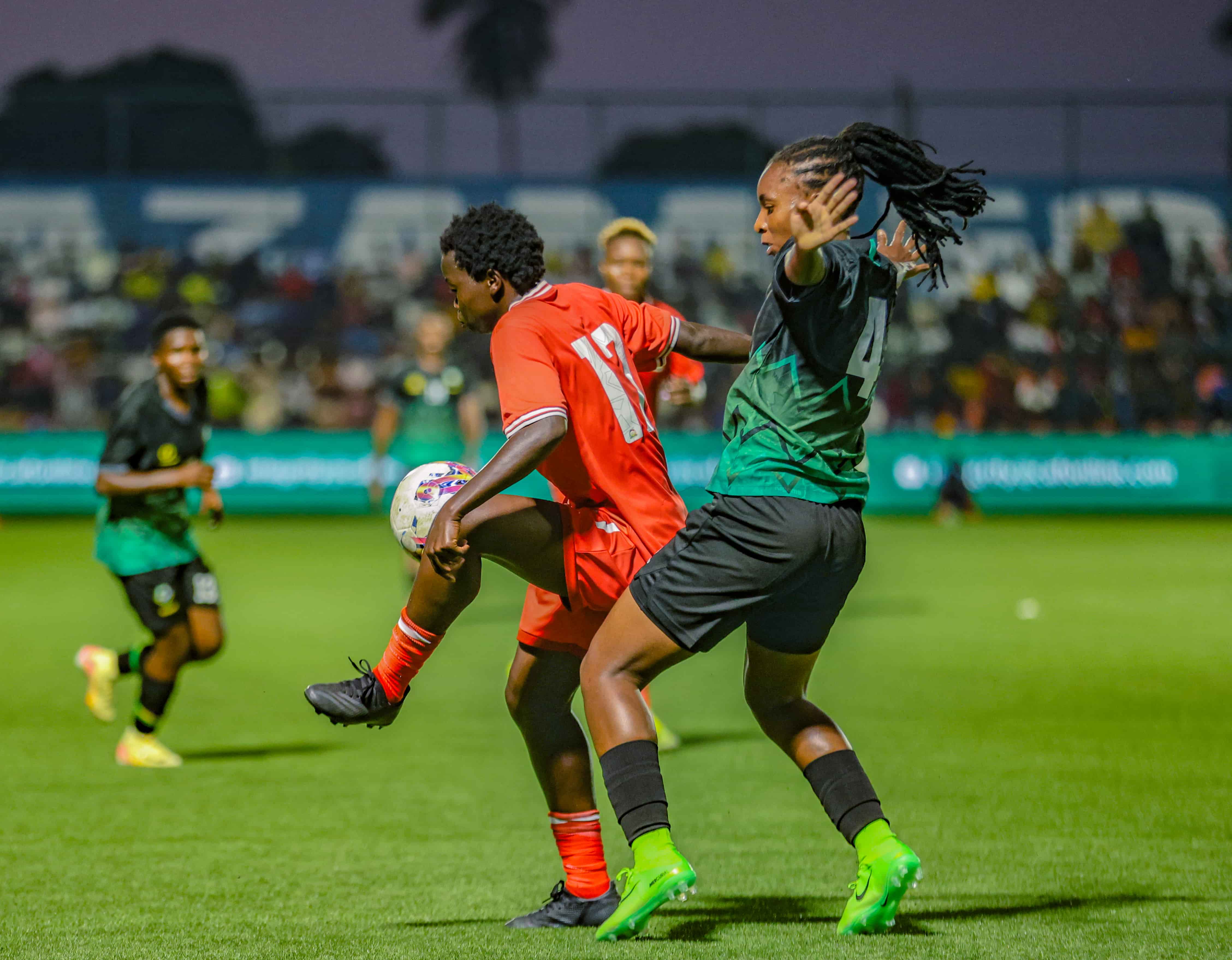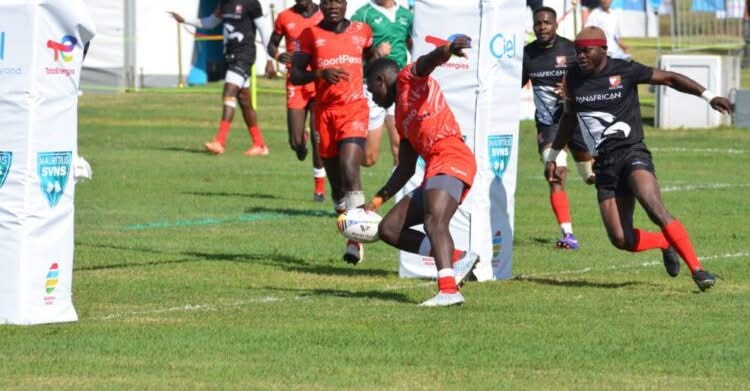Uganda's top court bans military prosecution of civilians
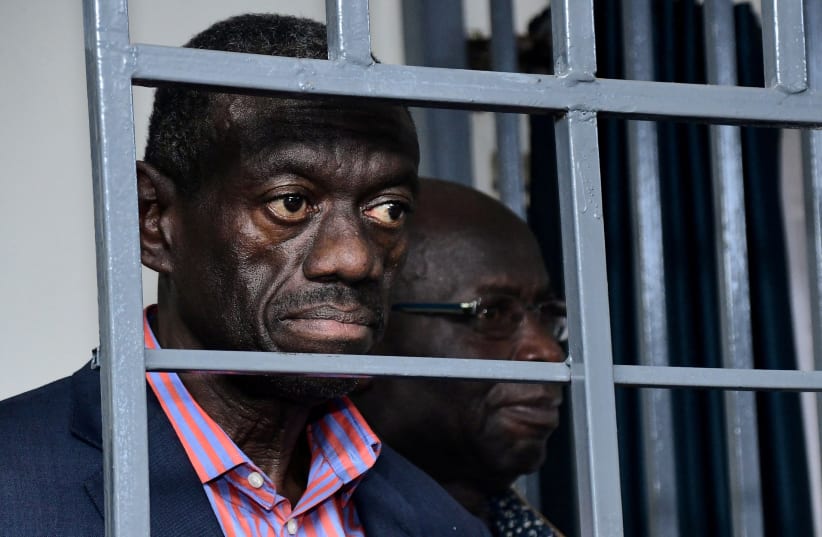
The ruling will offer relief to a key opposition figure, Kizza Besigye, who has been undergoing trial by the country's general court martial, his lawyer Erias Lukwago said, adding that the defendant would now not appear in court on Monday as originally scheduled.
Uganda's top court said on Friday that trying civilians in military courts was unconstitutional and ordered any ongoing prosecutions to stop immediately.
The ruling will offer relief to a key opposition figure, Kizza Besigye, who has been undergoing trial by the country's general court martial, his lawyer Erias Lukwago said, adding that the defendant would now not appear in court on Monday as originally scheduled.
More To Read
- President Yoweri Museveni signs controversial law allowing Ugandan military courts to try civilians
- Besigye remains in custody as Uganda court skips bail ruling
- Muhoozi praises Uganda MPs for passing controversial Bill allowing military trials for civilians
- Uganda's military chief Muhoozi claims to hold Bobi Wine’s ally Eddie Mutwe in his basement
- Ugandan opposition leader Kizza Besigye denied bail in treason case
"All charges or ongoing criminal trials or pending trials before the courts-martial involving civilians must immediately cease," Chief Justice Alphonse Owiny-Dollo said, reading the lead judgement of a panel of Supreme Court justices.
All ongoing trials must be transferred to civilian courts, he said.
Besigye, a long-time opponent of President Yoweri Museveni, was detained in neighbouring Kenya in November.
He was subsequently brought home and charged with several firearms and security offences at the military's general court-martial. Some of the charges carry the death penalty.
He has been in detention at a maximum security prison in the capital Kampala. The court has previously rejected arguments by Besigye's lawyers that challenged its powers to try civilians.
Owiny-Dollo said members of military courts did not possess legal competence to handle criminal trials in a fair and impartial manner, as required by the constitution.
Another justice on the panel, Elizabeth Musoke, said military courts were only empowered to handle disciplinary cases involving members of the country's military.
Besigye's wife, Winnie Byanyima, the executive director of U.N. agency UNAIDS, has previously said the charges against him were politically motivated. His lawyers have rejected the charges as baseless.
Human rights activists and opposition politicians have accused Museveni's government of using military courts to prosecute opposition leaders and supporters on politically motivated charges.
In a 2011 report, Human Rights Watch said Uganda's military courts violated the fundamental rights of defendants while putting civilians on trial, including through the use of evidence obtained by torture.
The government has rejected any accusations of rights violations.
Other Topics To Read
Top Stories Today
